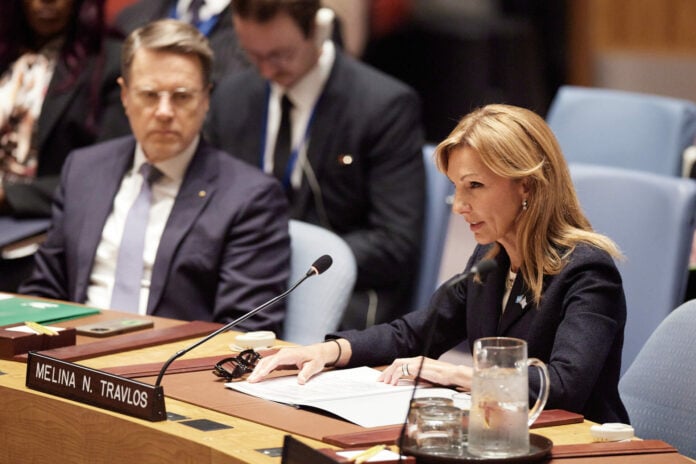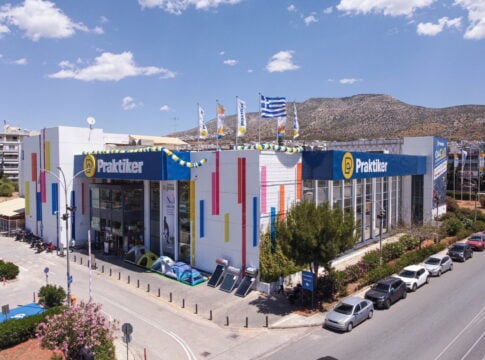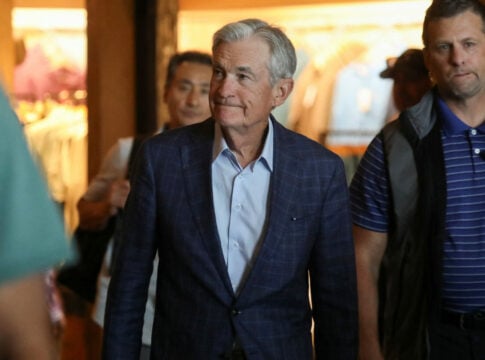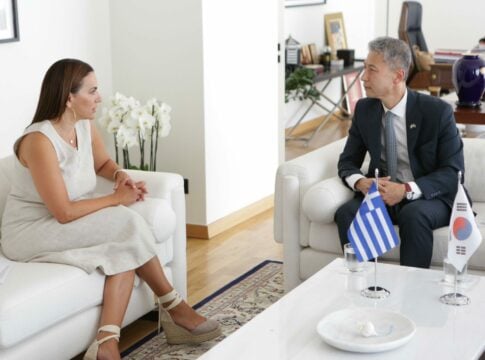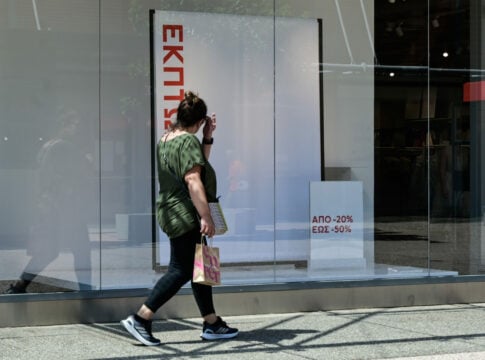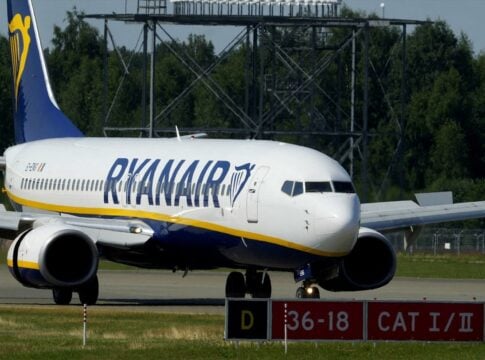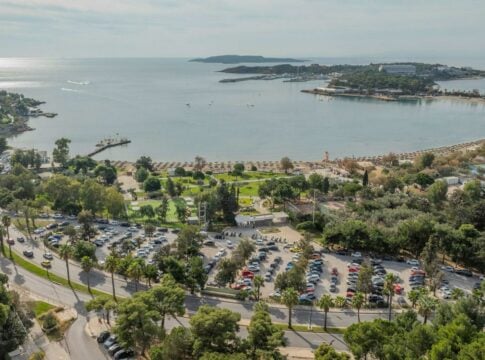A historic moment for Greek shipping, as well as for global shipping, was the presentation of the President of the Union of Greek Shipowners Association, Melina Travlos, as a keynote speaker at the high-level debate on maritime security, within the framework of the Greek Presidency of the United Nations Security Council. At the meeting chaired by Prime Minister Kyriakos Mitsotakis, Melina Travlos, with her influential statement, raised the global issue of maritime security.
On his part, UN Secretary-General António Guterres addressed a universal call for unity and cooperation, calling on the United Nations to honor its mission and all nations to work and cooperate to safeguard freedom of navigation, as a common, collective responsibility and as a cornerstone of peace and humanity.
“The seas must be open, free and safe for all,” Travlos underlined.
She also pointed out that Greece has always been a proud maritime state. As she emphasized, over 20% of global shipping originates from Greece and 60% of the European fleet originates from our country. “This is not only a matter of national pride, but a result of the maritime heritage that our country has,” she noted.
“The security of our seas affects everyone”
Travlos stressed that “the security of our seas affects everyone, everywhere”, adding that “it is something that has perhaps been sidelined until now.” She described the seas as vital for global trade, noting that they unite economies and help societies to prosper.
Travlos noted that 110,000 ships are on the seas, transporting 90% of global trade at low cost and efficiency. She also said that more than 12 billion tons of goods are constantly moving – from raw materials and consumer goods to medicines. She also referred to submarine cables.
“At the heart of our industry we have 2 million sailors who work day and night,” she noted and pointed out that “if the global shipping system stopped, the entire planet would stop functioning within 90 days, there would be no trade.”
“Shipping is not just a way of trade, it is a silent guardian of global prosperity, it unites the world,” she stated.
She also recalled that shipping maintained the supply chain during the pandemic, transporting medicines, although sailors remained without access to medical care.
Travlos also noted that ships often participate in rescue missions. However, as she explained, commercial ships are not designed for this purpose. “Countries must assume this responsibility,” she emphasized.
“Shipping never sails in calm waters”
“Shipping never sails in calm waters, we always live with storms. Today, the dangers are not just storms. Shipping is being exploited economically and politically,” she said.
She mentioned the issue of piracy that is not a distant memory. “It is a constant danger to ships and cargo,” she added.
Travlos referred to the geopolitical turmoil that increases the risk at sea, while noting that commercial ships have been attacked by military weapons. He also spoke about threats such as trafficking in weapons, drugs, and people.
She stressed that the new danger is cyberwarfare. As she explained, a cyberattack can stop a ship, steal sensitive data, and start an environmental disaster. She also said that the misuse of Artificial Intelligence makes ships vulnerable.
“We are constantly optimizing our practices. We respect global regulations. We cooperate with the navy in dangerous areas and if necessary, we have our own security, such as armed guards on merchant ships.”
“A global commitment is needed”
She pointed out, however, that “although shipping is resilient, we cannot expect it to solve all these problems.” “A global commitment is needed to maintain maritime security as a top priority,” she added, and focused on the need “to establish a maritime security system” to “defend freedom of navigation.”
“We must respond. I will use the Greek word synergeia to describe how maritime security could be achieved,” she stressed, adding: “We acknowledge the assistance of the UN and I am glad to hear the personal commitment of the UN Secretary-General.”


